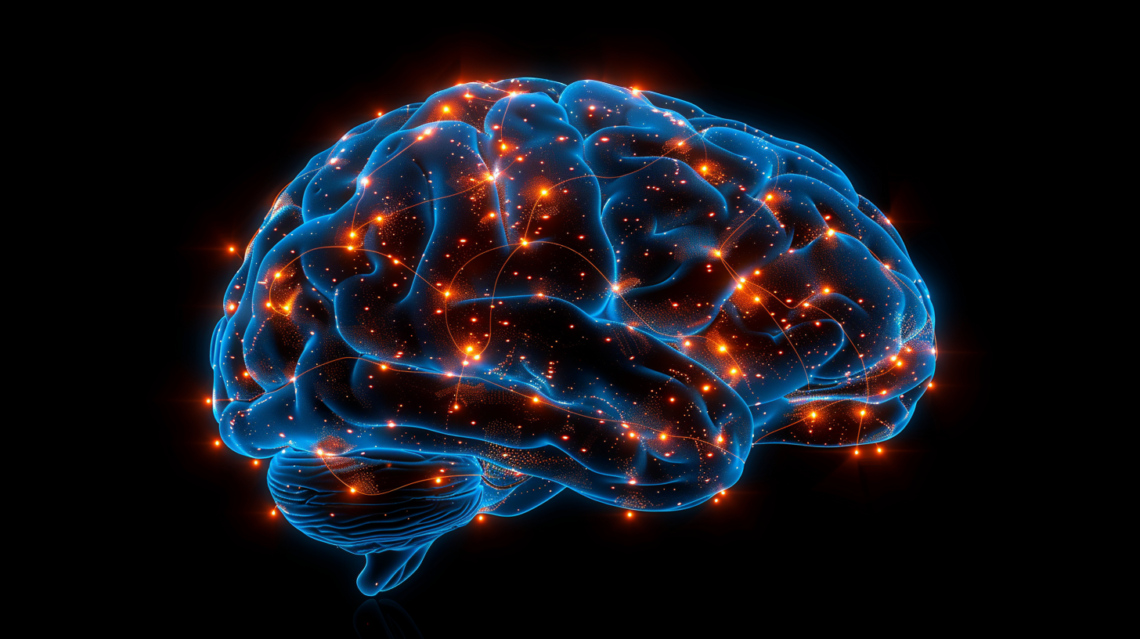
Maximizing Brain Health
Taking care of our brain is crucial for maintaining overall health and wellbeing. A healthy brain not only supports cognitive functions such as memory, attention, and problem-solving but also plays a significant role in regulating emotions and behaviour. There are several lifestyle choices and habits that can promote brain health, enhancing its functionality and potentially reducing the risk of cognitive decline as we age.
Nutrition: The Foundation of Brain Health
A well-balanced diet is fundamental to brain health. Foods rich in antioxidants, healthy fats, vitamins, and minerals provide the brain with the nutrients it needs to function optimally. Omega-3 fatty acids, found in fish like salmon, mackerel, and sardines, are particularly beneficial for brain health. They help build and repair brain cells, and studies suggest they may reduce the risk of Alzheimer’s disease and other cognitive disorders. Additionally, incorporating a variety of fruits, vegetables, whole grains, and lean proteins into your diet can support overall brain health. Foods high in antioxidants, such as berries, can protect the brain from oxidative stress, which is linked to cognitive decline.
Physical Activity: Enhancing Brain Function and Mood
Regular physical activity is another pillar of brain health. Exercise increases the flow of blood to the brain, which can help to nourish neurons and promote the growth of new brain cells. It also stimulates the production of brain-derived neurotrophic factor (BDNF), a protein that supports the survival of existing neurons and encourages the growth and differentiation of new neurons and synapses. Furthermore, physical activity has been shown to improve mood and sleep, reduce stress and anxiety, and boost overall brain function. Engaging in at least 150 minutes of moderate-intensity aerobic activity per week, such as walking, cycling, or swimming, can offer significant benefits for brain health.
Mental Stimulation: Keeping the Brain Engaged
Challenging the brain with new and complex activities can help to build new brain cells and strengthen connections between them. Activities like reading, solving puzzles, playing musical instruments, or learning a new language can stimulate the brain and improve aspects of cognitive function, such as memory and problem-solving skills. Regular mental stimulation is thought to build up a “cognitive reserve” that may help the brain become more resilient to damage as we age.
Social Connections: The Role of Social Activity in Brain Health
Maintaining strong social ties can have a profound impact on brain health. Social interactions can help ward off depression and stress, both of which can contribute to memory loss and cognitive decline. Engaging in regular social activities, whether it’s joining a club, volunteering, or simply spending time with friends and family, can provide emotional support and stimulate the brain through conversation and connection.
Sleep and Stress Management: Essential for Cognitive Function
Adequate sleep and effective stress management are also critical for maintaining brain health. Sleep allows the brain to rest and repair itself, consolidating memories and processing information from the day. Chronic stress, on the other hand, can damage brain cells and affect memory. Developing a healthy sleep routine and employing stress-reduction techniques such as meditation, deep breathing exercises, or yoga can support brain health and improve cognitive function.
Taking care of our brain is a multifaceted process that involves a combination of healthy lifestyle choices. By nurturing our brain with a nutritious diet, regular physical activity, mental stimulation, social interaction, adequate sleep, and effective stress management, we can support its health and functionality. These practices not only contribute to a reduction in the risk of cognitive decline but also enhance our overall quality of life, allowing us to remain mentally sharp and emotionally balanced as we age. Making these healthy habits a part of our daily routine can provide a solid foundation for brain health and wellbeing.

